Across industries, artificial intelligence (AI) and large language models (LLMs) are transforming how work gets done — and legal services are no exception. Many businesses are already experimenting with tools like ChatGPT or Claude to draft agreements, summarize contracts, or brainstorm policies. The efficiency gains can be significant.
But as with any powerful tool, success depends on how it’s used. AI can accelerate legal workflows, but it doesn’t yet replace the judgment, context, or strategy that experienced lawyers bring to the table. In fact, when used wisely, AI and legal counsel together can deliver better outcomes than either alone.
The Upside: Where AI Adds Real Value
For busy in-house teams and executives, AI can help:
- Draft or review basic documents faster
- Generate first-pass summaries or checklists
- Organize information across large volumes of contracts
- Identify patterns or recurring clauses for portfolio analysis
Used this way, AI can save hours of manual work and free up teams to focus on higher-value decisions — like deal strategy, negotiations, or managing risk.
However, AI is not a substitute for legal expertise; it’s a productivity multiplier. The key is knowing when to trust the output and when to verify it.
The Risk: When “Almost Right” Can Be Very Wrong
AI tools can produce convincing language that sounds authoritative — even when it’s off base. That’s a problem in legal work, where precision and context are everything.
For example, an AI-generated clause might:
- Misread a liability cap or omit a key indemnity provision
- Flag the wrong issue while missing a serious one
- Use language that seems “standard” but shifts risk dramatically
- Fail to align contract terms with your business model or industry norms
These aren’t minor drafting errors; they can affect real-world outcomes like exposure, compliance, or deal value. The issue isn’t that AI makes mistakes — it’s that it makes them confidently.
When AI Misfires: Lessons From Recent Sanctions
The legal system is beginning to grapple publicly with AI’s limitations. A recent unpublished opinion, In Re: Sanctions Order of Kenney, Kerry (No. 25-C-389, Oct. 23 2025), highlights how misused AI tools can expose litigants or counsel to serious professional consequences.
According to materials compiled by legal analyst Damien Charlotin, who tracks real-world “AI hallucination” cases on his site damiencharlotin.com, the case involved court sanctions stemming from reliance on AI-generated legal filings that cited non-existent authorities. The opinion underscores a growing reality: AI may sound confident, but it doesn’t know when it’s wrong — and lawyers or business professionals remain responsible for verifying the accuracy of any AI-generated work.
You can view a copy of the opinion here:
👉 In Re: Sanctions Order of Kenney, Kerry (No. 25-C-389, Oct. 23 2025)
The Solution: Human Insight + AI Efficiency
The most effective approach is to combine AI’s speed with human review and judgment. Think of AI as a first-pass assistant — a tool that helps identify questions faster — while experienced counsel provides the answers that protect your business.
When our clients share their AI-generated drafts or analysis, we can:
- Quickly identify what’s missing or risky
- Confirm which issues truly matter in context
- Provide practical revisions aligned with business priorities
- Turn AI’s raw output into actionable, trusted advice
This partnership model allows companies to innovate responsibly — capturing efficiency gains without creating new forms of legal risk.
The Business Takeaway
For companies using AI in contract drafting, compliance, or internal investigations, this case is a cautionary tale. The risk isn’t just that AI might make a factual or legal mistake — it’s that those mistakes can carry reputational, financial, or even legal consequences if left unchecked.
The best safeguard is a hybrid model: use AI for speed and structure, then rely on legal counsel to validate accuracy, assess risk, and align the outcome with your business goals. Contact us today to learn how our team can provide the tailored legal advice and strategies you need to protect your business and build trust with your customers.

